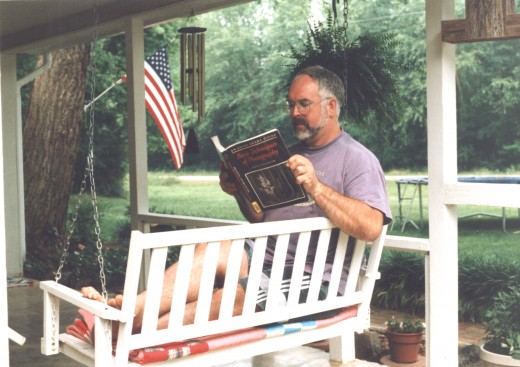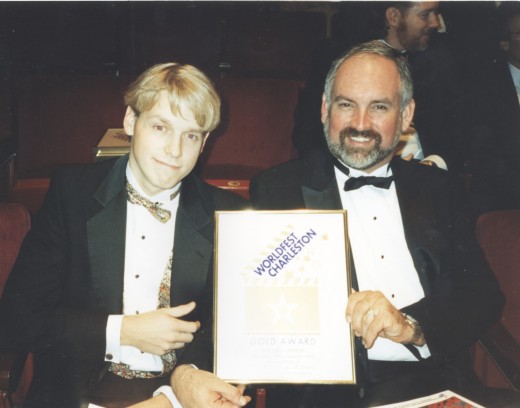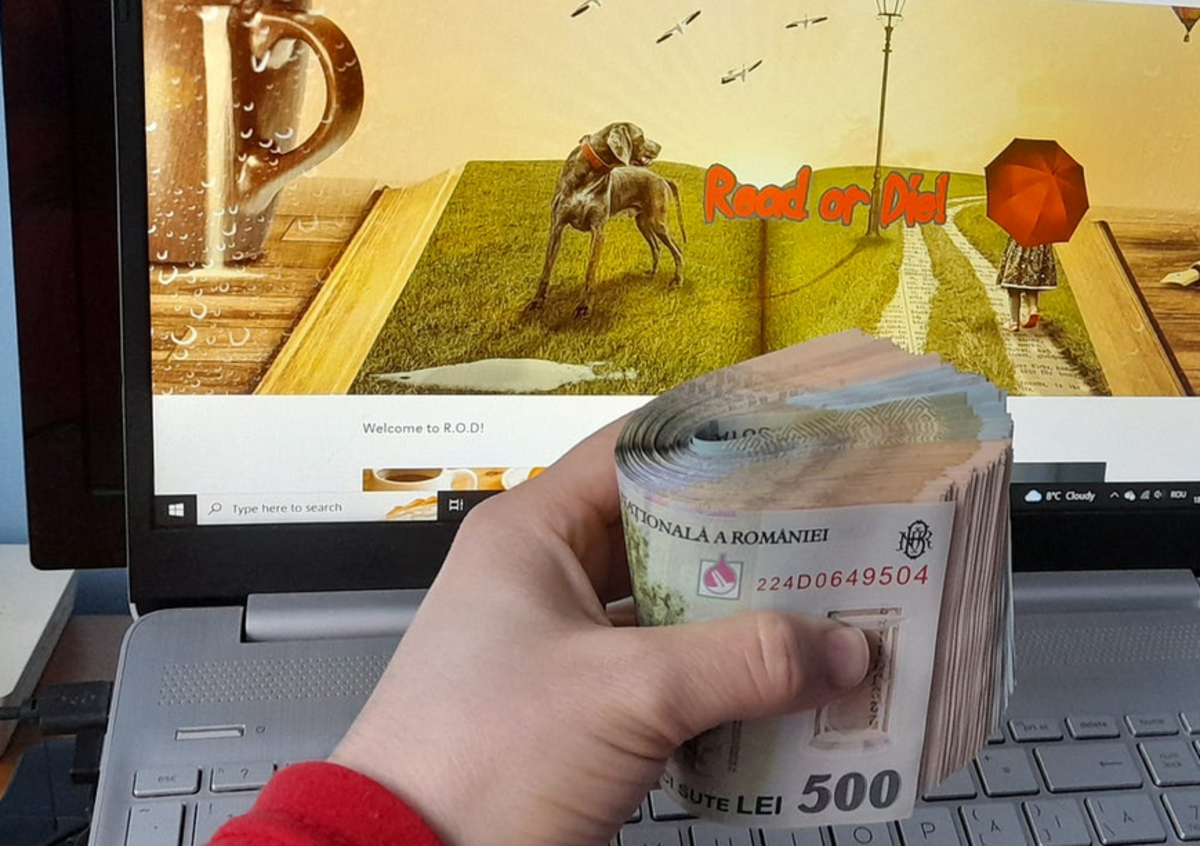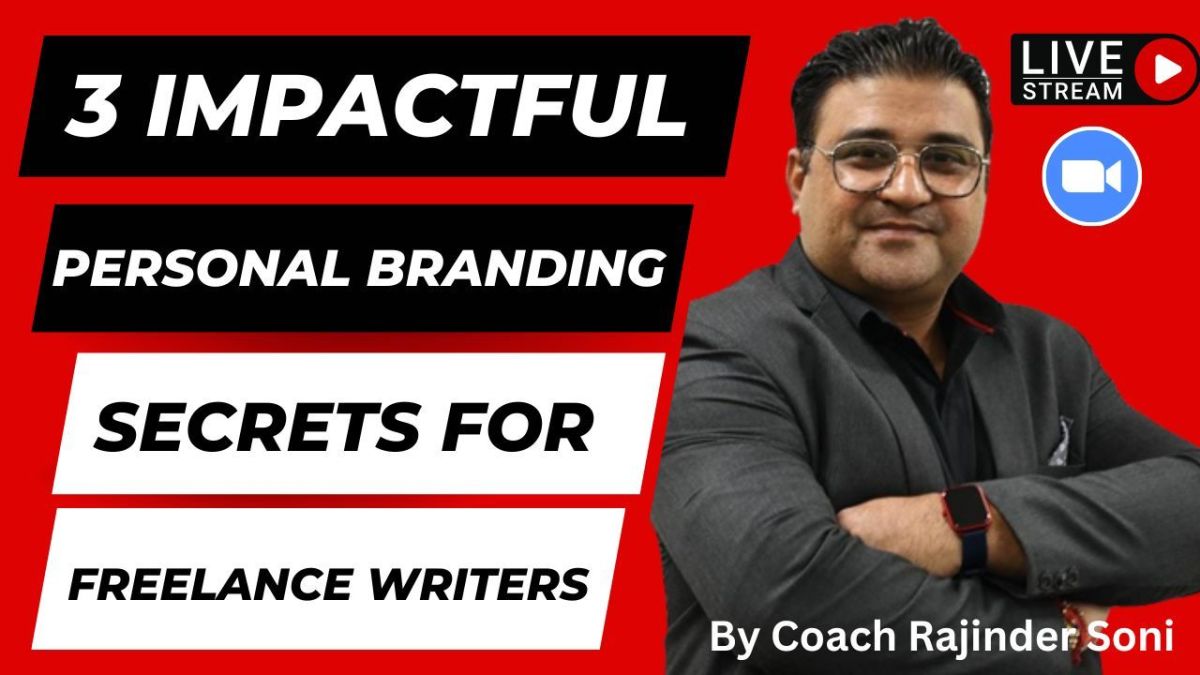On Taking Up the Writing Lifestyle
Aah the writer's lifestyle.....


The Truth About Writing
- DO NOT PANIC -
Every writer should have a little sign hanging over their desk with "Do Not Panic" written on it. Writing is not a pursuit for the weak of nerve. By that, I do not mean shy people can't be writers. They do it all the time. It's just that the shy people have to be either incredibly determined or incredibly talented and sometimes they have to wait till after they are dead to enjoy success. Notorious shy person Emily Dickinson died never expecting anyone to read the poems she left stuffed in a drawer. All her life she'd been too shy to show them to anyone, so It was left to others to make money off her work..
There is one thing they don't tell writers in writing school that they should. Maybe some do now. I know they didn't tell me this in my writing school. The thing is this: Every would-be writer should take at least a minor in business in college. Writing is rapidly becoming a business venture driven, not by patron publishers who nurture (or more likely reject) "talent", but by writers themselves. If you want to EVER have the chance to sit out on the back porch and research your latest novel, learn how to run a business. You have a far better chance of making a go of it, if you learn the ropes of the publishing business first and develop a writing business around your own work.
The truth is that writing, if you can make a go of it, is a great way to make a living. Other writers will tell you how tough it is and how hard it is to ever make a success. I suspect most are just trying to thin out the competition. Actually, with wireless laptops and the Internet, it's easier than ever to enjoy that idyllic writer's lifestyle. You can write and do research practically anywhere you can get an Internet connection. The Internet has something about virtually every subject you need to research for whatever purpose. It's like having a library in your backpack. But you know that already.
With e-mail and social media you can do your own marketing, communicate directly with your readers, even build your own on-line shop an sell directly to your readers. You have access to a world of marketing, advertising and promotion tools as well. With modern computer technology, you have, at your fingertips, all you need to be your own publisher. That's why you want to know about business. Publishing, even self-publishing, is a business.
The Great Publishing Paradigm Shift: Unless you are an incredibly talented writer like J.K. Rowlings or an incredibly determined, but knowledgeable average writer like Clive Cussler, making a living at writing the traditional way is going to be tough, especially at first. That's the way publishing has worked for centuries. But, publishing doesn't work like it once did. The rules have changed. The technology of publishing has changed. No longer do publishing houses hold all the means of publishing. Writer's can cheaply produce copies of their own books by electronic means. The market itself has changed. The power of the Internet has brought to the surface, a plethora of niche markets that traditional publishers either did not suspect was there or which they considered too small to pay attention to.
It's almost all bad news for traditional publishers in terms of maintaining their monopoly. They need only look at the record industry to see the handwriting on the wall. The new reality in publishing will soon cost the Big 6 publishing houses their control over what is and is not published each year.
Good News for Struggling Freelance Writers: The publishing crisis is, I believe, very good news for would-be writers, especially writers who don't write mass market steamy potboilers and already have a book contract..In traditional publishing, you have to sell hundreds of thousands of books to make a good living as a writer. Therefore, there is little incentive for a publisher to spend money printing a book that may only sell a couple of thousand books.
Traditional publishers give authors anywhere from 3 to 15 percent in royalties from book sales. An author could easily wind up making just a few hundred dollars on a book with relatively small potential sales, And that's assuming a publisher is even willing to take a chance on a small book or a risky title. If you ask publishers they'll tell you most books lose money for the publisher. That's why piles of rejections are the norm for new authors and why authors that already sell well make up the bulk of publishing company annual catalogs.
Meanwhile, outside the blessed circle of bestselling authors, there are tens of thousands of struggling writers and novelists who would like to make a living at it too.
The Impact of Technology: Thanks to the Internet, Apple, Microsoft, IBM and other technology innovators, publishing is becoming less about the ink on paper and more about the content within the covers of the book. With the rise of the e-book and Amazon.com, authors now have the ability to publish books themselves, whether or not some publisher in New York believes in them or not.
The Economics of the New Publishing: It's now possible, with the advent of the Kindle, the Nook, MOBI, Adobe PDF and the e-pub format for an author to write, edit and produce his own book at relatively little expense. With the new publish-on-demand houses, you can even offer your book in hard or softcover for a modest setup fee. You don't have to wrestle for shelf space in book stores. Amazon.com has infinite shelf space. Best of all, if you can figure out how to do it yourself, most of the profits on the book go to you. A self-published book can net you up to 70% on an e-book that sells from $2.99 to $5.99. A $4 book that sells a modest 10,000 copies earns you $28,000 if you self published. If you get a generous 15% for the same book selling at $9 with a traditional publisher you make $13,500 (about half what you make on self-publishing it). And the less expensive books actually tend to sell more copies than the over-priced ebooks belonging to the Big 6 houses.
Marketing: You do have to do your own marketing when you self-publish. Fortunately, Amazon and other on-line retailers can help you do that. It's not secret as to why. They make money when you sell more books. These days, publishers ask more and more that authors do their own marketing anyway. If so, then shouldn't we be getting a bigger cut of the profits? But that's not happening. Instead, most publishers stick with their regular money-makers and publish few new authors. They don't spend much to market higher risk books by new authors, considering it a poor investment. Editors don't like to waste their time on anything that sells much less than 25,000 or so copies, so if you don't fit a ready large market, you're likely out of luck with traditional publishers.
Even a couple of thousand books at $3 a piece can land you more than $4000. If your book goes with some other bit of business you do, your writing can supplement that income nicely. And, unlike with traditional printed books, your backlist of books stays available on your website or on Amazon practically forever. You don't have to talk a publisher into re-issuing your older books. You just reissue them yourself, change the cover and make the price attractive. If readers "discover" you and want to read more of your stuff, they can easily obtain it and you make new sales.
Quality: You still have to write well. You still have to do the hard work. Find people who will read your work and tell you the truth about it. If you have problems with grammar and punctuation, hire an editor to go over it for you. Listen to your editor. Don't be afraid to change things. Your words are NOT your children. They are little tools you use to sell your ideas. Use them. If they don't fit, pitch them back into the toolbox and move on.
Getting Experience: There are all sorts of outlets looking for writers these days. You might try on-line content mills. The pay is lousy, the work is tough. Despite how poorly they play, most on-line content publishers expect high performance levels from their authors. Think of your time in the content-mill salt mines as a kind of school of hard knocks. If you can write to make those people happy, you can write for a living as an independent freelance fiction, nonfiction or commercial writer. Also it gives you a little money to help keep the bills paid. You can also start a weblog on Blogger or Wordpressand put up some Google Ad-Sense boxes. You won't make much money, but the $100 check every year or so is nice. You can also publish blogs on our own Hubpages. The earnings are rather better depending on how popular your pages are. Hubpages seems to get your pages ranked better on search engines and pays more frequently than the other blogger tools. There are others if you want to look them all over, just do a Google, Bing, Yahoo or whatever search. Sorry for the extra step, but with Hubpages, you have to be careful about what sorts of links you put up,
Peter Bowerman's book, "The Well-Fed Writer" is an excellent introduction to the world of free-lance commercial writing (FLCW). Commercial writing is not for the timid, but if you write and don't mind making cold calls it could be a really good living for you.
If you're interested in self-publishing, there's a bit of a learning curve. The do-it-yourself publisher has to learn perhaps rather more about publishing than he would wish, but if you hate that steady stream of rejections slips from cold-hearted editors, it's worth the effort to learn what they know. Google both do-it-yourself publishing and self-publishing. There are tons of resources available out there to show you the ropes. Check out the Simon Owens article on the economics of self e-publishing. It's well worth the read.
If you need help e-publishing your book, some commercial sites that can help you (for a fee) put together your e-book or printed hardcover or softcover and sell it include: Lulu, Smashwords, Amazon KDP Direct and X-Libris. There are plenty of others you can find with a simple Google search.
The Essential Quality of a Free-Lance Writer: The one thing you absolutely must have (besides the ability to write coherent English sentences) is determination. You have to want to write more than anything. You have to write because you can't stop yourself from writing. You have to write virtually every day and spend long lonely hours doing it. If that describes you, then good luck to you. You may be a full time freelance writer some day and it's all the fun it's cracked up to be I'm here to tell you.
Tom King - Freelance writer, Texas native temporarily camped out in Puyallup, Washington









